How To Become A Data Scientist: Beginners Guide
In the introduction to “How To Become A Data Scientist: Beginners Guide,” we define what a data scientist is and provide an overview of their role and responsibilities. We also discuss the importance of data science in today’s world.
Are you interested in a career in data science? Data scientists are in high demand across various industries, with the right skills and experience.
The skills and knowledge section highlights the technical skills necessary for a data scientist, such as programming languages like Python and R, and familiarity with databases and machine learning.
Also Read: Is Data Science Really a Rising Career in 2023? (Details Guide)
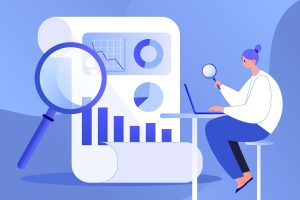
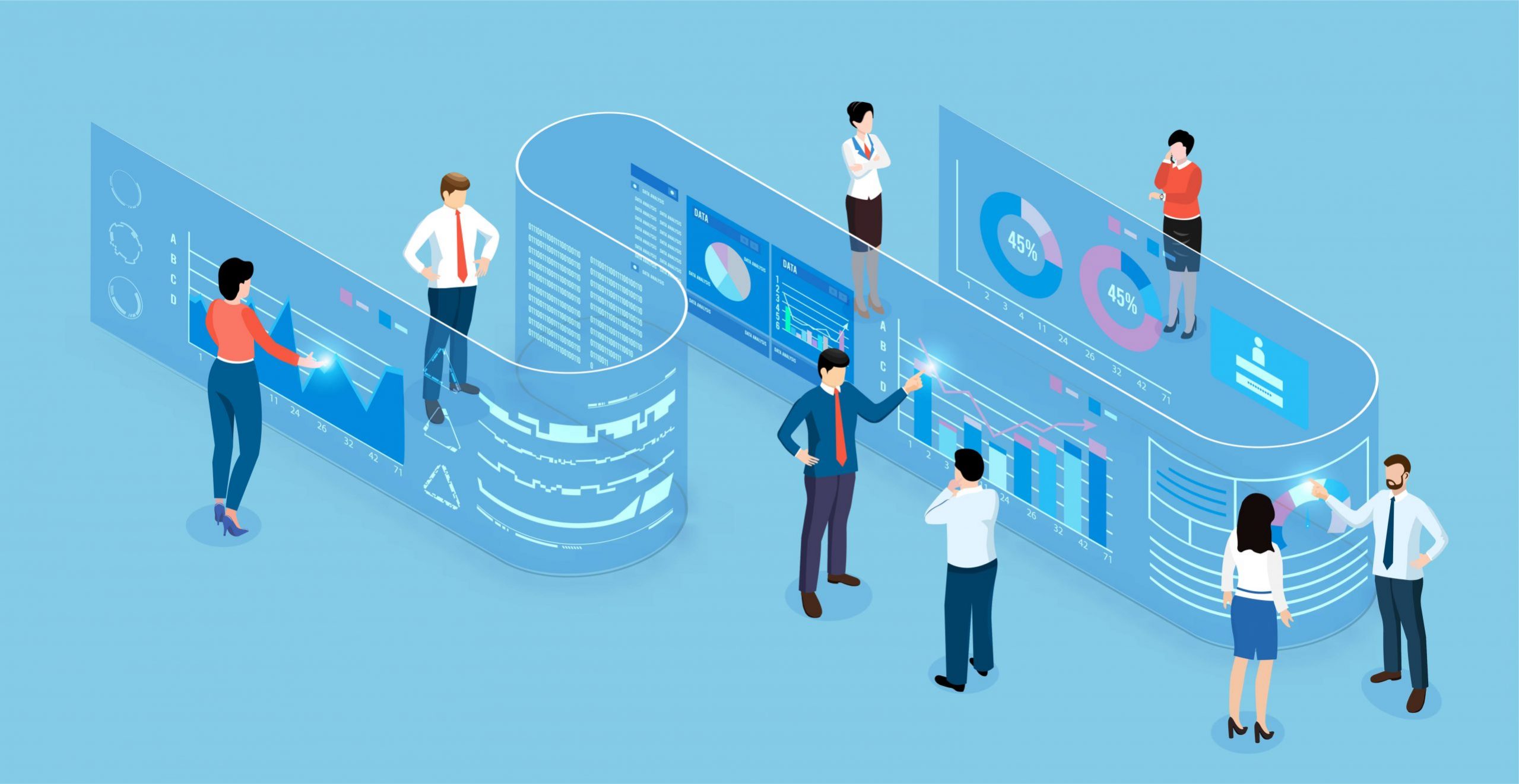
Definition of a Data Scientist:
A data scientist is a professional responsible for collecting, analyzing, and interpreting large datasets to extract valuable insights and inform decision-making. They use a combination of technical skills, such as programming and statistical analysis, as well as business acumen and communication skills to turn data into actionable recommendations.
Read More: Data Science Career, Growth, Salary, And Future Outlook?
Overview of the role and duties of a Data Scientist:
A data scientist is a professional responsible for analyzing and interpreting complex data sets. They use statistical and machine learning techniques to extract insights and knowledge from data and communicate their findings to organizational stakeholders.
The role of a data scientist can vary depending on the industry and organization, but some common responsibilities include the following:
- Collecting, cleaning, and organizing data from various sources, including large and complex data sets.
- They are developing and implementing statistical and machine learning models to analyze data and extract insights.
- Communicating findings to stakeholders through reports, visualizations, and presentations.
- They collaborate with cross-functional teams, including data engineers, business analysts, and software developers.
- They are staying up-to-date with the latest advances in data science and machine learning and applying these technologies to solve business problems.
- They Participate in the full life cycle of data projects, from problem definition and data acquisition to model deployment and maintenance.
Overall, the role of a data scientist is to use data-driven approaches to solve complex problems and drive business decision-making.
Get Education and Training to become a Data scientist:
- Required education and degrees for a data scientist: While there is no specific degree required to become a data scientist, many professionals in the field hold advanced degrees in subjects such as computer science, mathematics, or statistics. These degrees provide a strong foundation in the technical skills necessary for data science, such as programming, algorithms, and statistics.
- Hands-on experience and internships: In addition to formal education, aspiring data scientists need hands-on experience working with real-world data. This can be done through internships or projects completed outside of the classroom. These experiences provide valuable skills and knowledge and help individuals build a strong portfolio that Reports can use to showcase their abilities to potential employers.
Read More: Future scope of Machine Learning
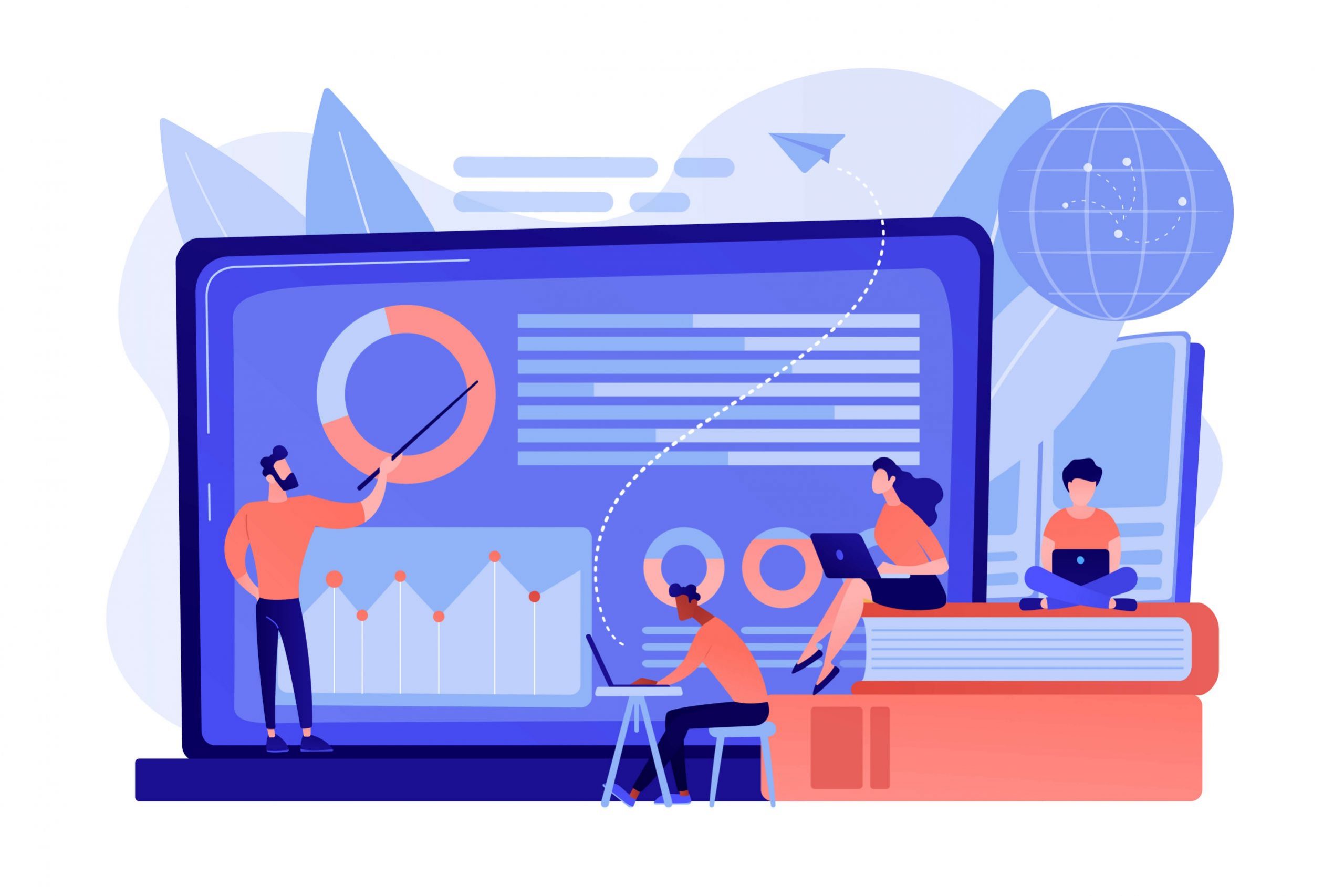
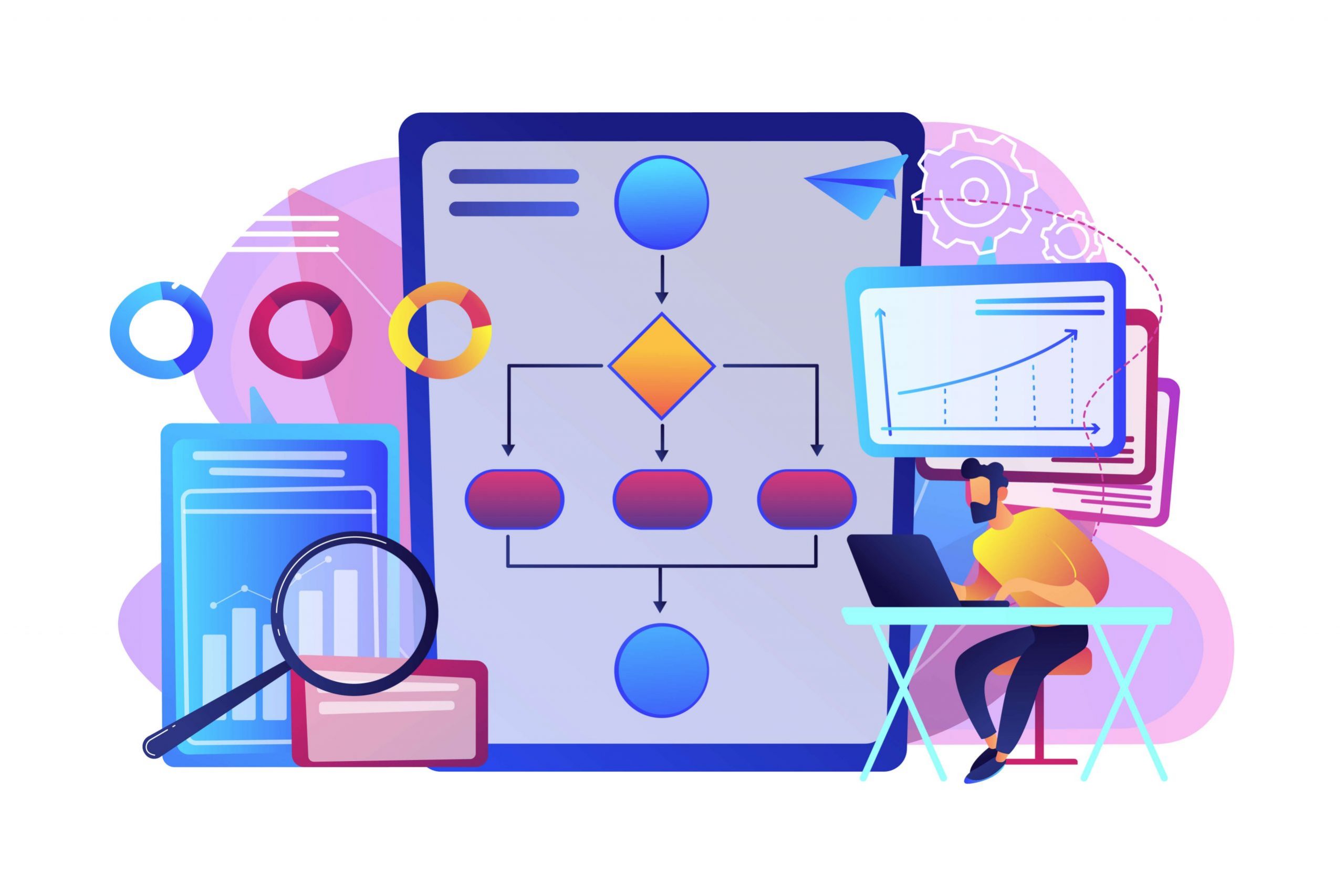
Learn Some Skills and Acquire Knowledge
- Technical skills: Data scientists need to have strong technical skills, proficiency in programming languages such as Python and R, and familiarity with databases and machine learning algorithms. They should also be comfortable working with large datasets and using tools such as SQL to extract and manipulate data.
- Mathematical and statistical knowledge: A strong foundation in mathematics and statistics is essential for data scientists, who analyze and interpret data using statistical techniques. This includes knowledge of probability, regression analysis, and experimental design.
- Business and communication skills: In addition to technical skills, data scientists need to communicate their findings to stakeholders clearly and compellingly. This includes translating complex technical concepts into language understandable to non-technical audiences and presenting data in a visually appealing way using tools such as data visualizations.
Data scientists should also have a strong understanding of the business context in which they operate and be able to use data to inform decision-making.
Finding a Job and Advancing in the Field:
Here are some tips for finding a job in data science and advancing in the field:
- Build your skills: Data science is a multidisciplinary field that requires a combination of technical skills (e.g., programming, statistics, machine learning) and domain expertise (e.g., healthcare, finance, marketing). Focus on building your skills to make yourself more competitive in the job market.
- Network: Networking is key to finding opportunities in any field, and data science is no exception. Attend meetups, join online communities, and reach out to professionals in the field to make connections and learn about job openings.
- Create a strong online presence: Many employers will search for candidates online, so make sure your LinkedIn profile, personal website, and other online profiles are up to date and showcase your skills and achievements.
- Tailor your resume and cover letter: Customize your resume and cover letter for each job you apply for, highlighting your skills and experiences. That is most relevant to the position.
- Consider getting a degree or certification: A degree in a related field (such as cs or statistics) can be helpful. It is only sometimes necessary to break into data science.
- Be open to internships or entry-level positions: While you may be eager to start your career as a data scientist. It can be helpful to start with an internship or entry-level position to get your foot in the door and gain practical experience.
- Please stay up to date: Data science is a rapidly evolving field, so it’s important to stay up to date with the latest technologies, techniques, and trends. Consider taking online courses or attending conferences and workshops to continue learning and growing as a data scientist..
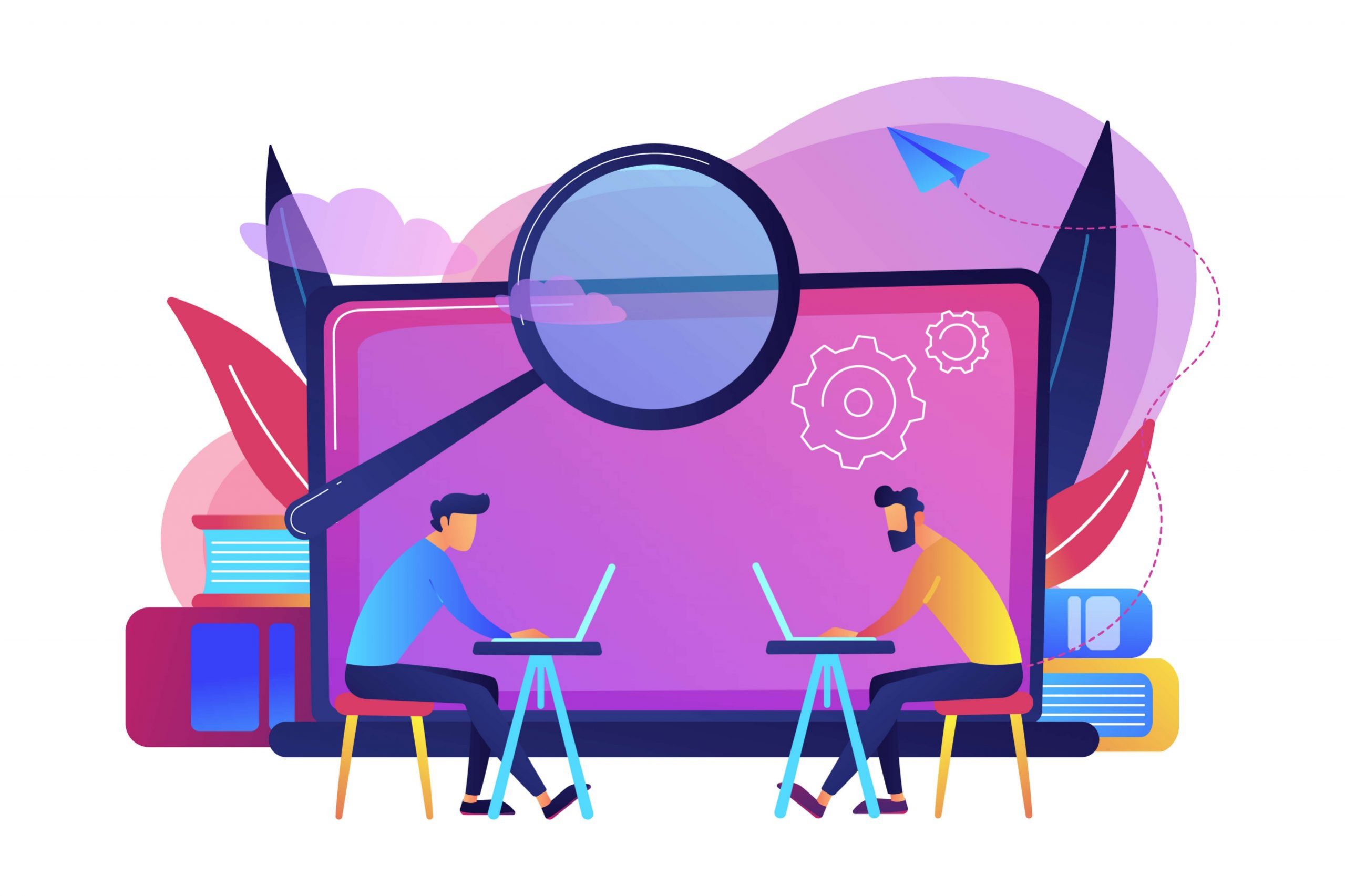
Conclusion (Final Words)
Finally, in conclusion, we summarize the steps to becoming a data scientist and encourage those considering a career in data science to pursue it.
In this article, we discuss becoming a Data Scientist, the role and duties of a data scientist, and Get Education and Training to becoming a Data scientist. Suppose you are interested in becoming a data scientist. In that case, A data scientist is a professional who uses scientific methods, processes, algorithms, and systems to extract insights and knowledge from structured and unstructured data.
New technologies emerge throughout the day, so it’s essential to constantly upskill with the most recent developments if you want to stay ahead in this fascinating field.








